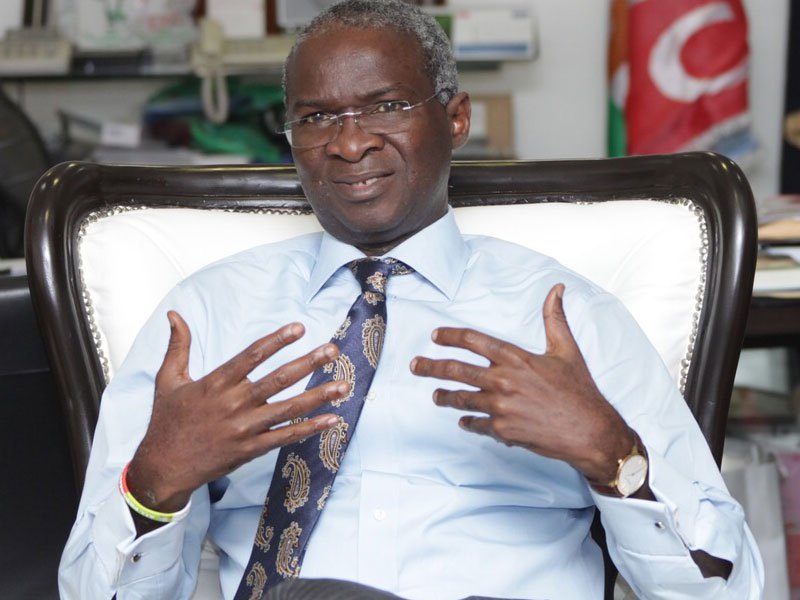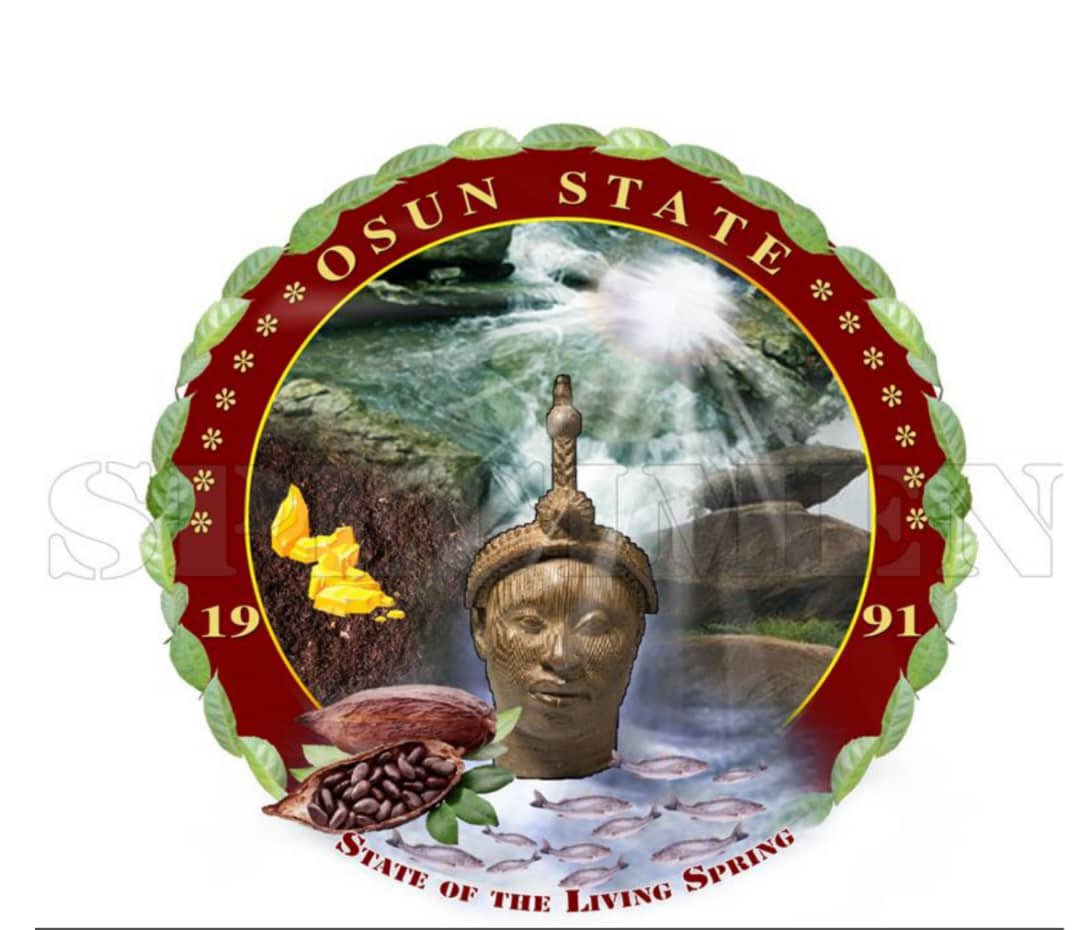FG Threatens To Withdraw Bonny-Bodo Road Funding


The Federal Government on Thursday threatened to withdraw funding for the suspended N120bn Bonny-Bodo road project due to the lack of unity by host communities meant to achieve from the project in the Niger Delta.
It called on leaders of the affected society to coorperate adding that the released funds for the project by the Nigeria Liquefied Natural Gas Company might be refunded if the host communities failed on agreement on the terms and conditions.
The Minister of Power, Works and Housing, Babatunde Fashola, gave the warning to heads of the communities at a meeting in Abuja, which had prominent and notable traditional rulers from the Niger Delta region, officials of Julius Berger Plc, NLNG and council of elders from Ataba and Gokana, among others, in attendance.
Fashola begged the leaders of the communities to forget their differences and stated that if the discord persisted, he might petition the President over the issue and ask him to withdraw the N60bn contract sum for the project.
He explained that the Bonny-Bodo road project had enjoyed the largest funding, as the NLNG was providing N60bn with additional N60bn counterpart funding from the Federal Government.
The minister told his guests that the contractor handling the project had been mobilised, yet the project was suspended due to lack of cooperation from the benefitting communities.
Fashola expressed worry over the position of the elders, who insisted that the project would not be implemented except they were carried along and an additional route would be constructed in Ataba.
He said, “You must work this peace. Today is Thursday, since you said you know the permanent secretary, I will leave you with him. All I want is a peace accord and an invitation to Julius Berger not later than Wednesday, February 28, otherwise I will write a report to Mr. President that it doesn’t seem that this project is ready to go, but we can move the money to another project.
“Whether it is Ataba, Ogoni or Gokana, you must own this project. The people you call militants are not spirits. They take their cue from how you react. You are leaders there. If you go back home today and say it is over, the militants too will calm down. They don’t do anything without alerting the leaders.”
Fashola added, “For us, we can’t keep the money down. The contractor has received his money but now he can’t work. There are projects where contractors are waiting for money, but they don’t have it. That is a contradiction that will not last long.
“So, I will leave you. You know where we stand. We have an idea of where you stand. For me, it is a compromise that holds the project. The NLNG will not be there forever. It took time to even beg them to release this money. So, if you don’t take ownership of the project and put it to use, we might as well tell them to take their money back and that the project is not ready.”
…unveils document on drinking water standard
The Federal Government on Thursday unveiled a document titled: ‘The Nigerian Standard for Drinking Water Quality’.
According to the government, the document sets limits for constituents and water contaminants hazardous to health and provides guidelines to meeting the mandatory limits.
It added that the document also assigned institutional responsibilities, including enforcement, to stakeholders in line with their statutory obligations.
The Minister of Water Resources, Suleiman Adamu, who unveiled the document on behalf of the government in Abuja, said the Federal Ministry of Water Resources, in its effort at ensuring the quality of drinking water supplies in view of its impact on the health of the populace, collaborated with the Federal Ministry of Health and the Standard Organisation of Nigeria to develop the Nigerian Standard for Drinking Water Quality.
He stated, “It was noticed that not much was done in respect to enforcement of standards, with water producers carrying on with business as usual without regard for the quality of drinking water supplied to the people. This issue precipitated the reassignment of the role of stakeholders during the review of the standard in 2015 by the technical committee.
“In the revised standard, which we are launching today, the FMWR has been assigned the responsibility of enforcement and we are working assiduously to speed up the process of upgrading the water quality laboratories located in Lagos, Akure, Kano, Minna, Enugu and Gombe. This is alongside the completion of additional six laboratories in Maiduguri, Sokoto, Makurdi, Umuahia, Asaba and Port Harcourt.”
Adamu stated that the water quality laboratories had the responsibility of water quality surveillance and enforcement of the standard.
He said efforts were also ongoing to finalise the water quality management strategy, which seeks to harmonise and standardise implementation approaches on water quality management at all levels.
The minister added, “It is also expected that the passage of the National Water Resources Bill, which is currently receiving attention in the National Assembly, will provide effective management of drinking water supplies across the country.
“Furthermore, to ensure that the rural communities are empowered to monitor their drinking water along the water chain and take preventive and remedial actions from source through transport to households, the FMWR, in collaboration with UNICEF, developed guidelines for water safety planning and rural drinking water quality monitoring and surveillance.”










